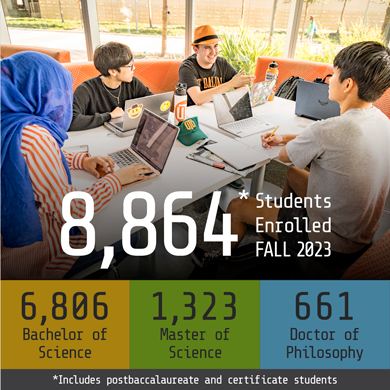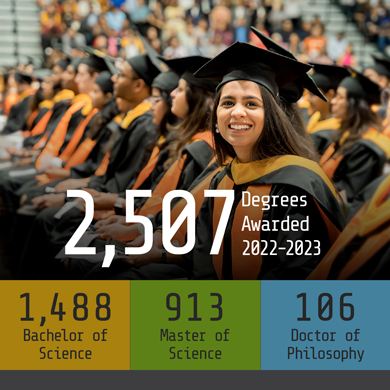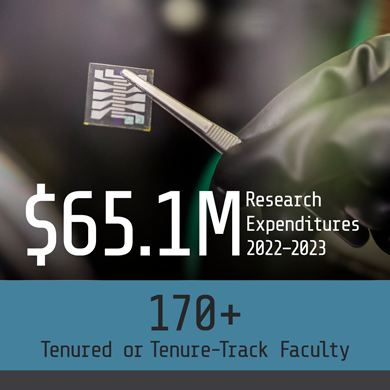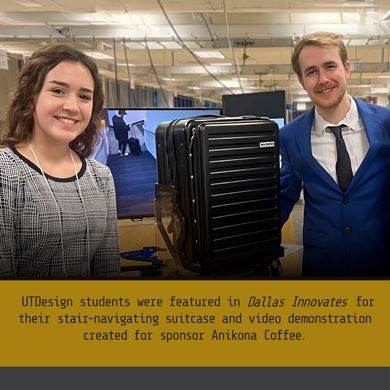
Rotea Shares Wind Energy Expertise at IEEE Conference
September 23, 2016
Dr. Mario Rotea, head of the Department of Mechanical Engineering in the Erik Jonsson School of Engineering and Computer Science, recently gave a plenary lecture at this year’s IEEE Multi-Conference on Systems and Control. IEEE – the Institute of Electrical and Electronics Engineers – is the world’s largest technical professional organization dedicated to advancing technology for the benefit of humanity
His talk, “Modeling and Control of Wind Energy Systems”, given in Buenos Aires, Argentina, described how wind technology is a main factor in renewable energy for the production of electricity around the globe.
According to Rotea, the power harnessed from the wind is a sustainable, low-pollution and low-water use resource for electricity production. Many countries share the strategic goal of increasing the penetration of wind energy into the electric grids. In the U.S. alone the goal is to increase from 66 gigawatts (GW) of wind power, supplying 5 percent of the electricity demand, to 400GW of wind power contributing 35 percent electricity by 2050.
“Attaining this goal would require a continued decrease of the cost of wind power,” said Rotea, holder of the Erik Jonsson Chair. “Arguably, advanced physics-based modeling and simulation, flow monitoring and advanced controls are key to reducing the cost of wind energy.”
His talk provided an overview of the work done in the Jonsson School in these areas and showed how the convergence of high-fidelity simulations, reduced-order models, field measurements and advanced controls may yield increases in annual energy production and reliability of wind turbines and wind farms, which are important factors in reducing the cost of wind energy.
Rotea has recently returned to UT Dallas from time spent serving at the National Science Foundation (NSF) as director of the Division of Engineering Education and Centers in the Directorate for Engineering.
Rotea spent 17 years at Purdue University as a professor of aeronautics and astronautics, developing and teaching methods for the analysis and design of control systems. His career includes two years as the director of the Control Systems Program at NSF. He has also worked for the United Technologies Research Center as senior research engineer on advanced control systems for helicopters, gas turbines and machine tools.
Rotea was also the head of the Mechanical and Industrial Engineering Department at the University of Massachusetts, Amherst, where he expanded the department in the area of wind energy and applications of industrial engineering to the health care sector. He is cofounder of WindSTAR, an NSF Industry/University Cooperative Research Center aimed at bringing together academia and industry to advance wind energy through industry-relevant research and education.
Rotea joined UT Dallas in 2009 to serve as professor and inaugural head of the then newly-created mechanical engineering department. He directed the department’s rapid growth, increasing student enrollment from 10 students to more than 1,000 in 2016. He is a Fellow of the IEEE for contributions to robust and optimal control of multivariable systems. Rotea graduated with a degree in electronic engineering from the University of Rosario. He received a master’s degree in electrical engineering and his PhD in control science and dynamical systems from the University of Minnesota.
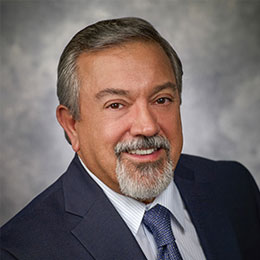
“Arguably, advanced physics-based modeling and simulation, flow monitoring and advanced controls are key to reducing the cost of wind energy,” said Dr. Mario Rotea, holder of the Erik Jonsson Chair and plenary speaker at the recent IEEE Multi-Conference on Systems and Control.


